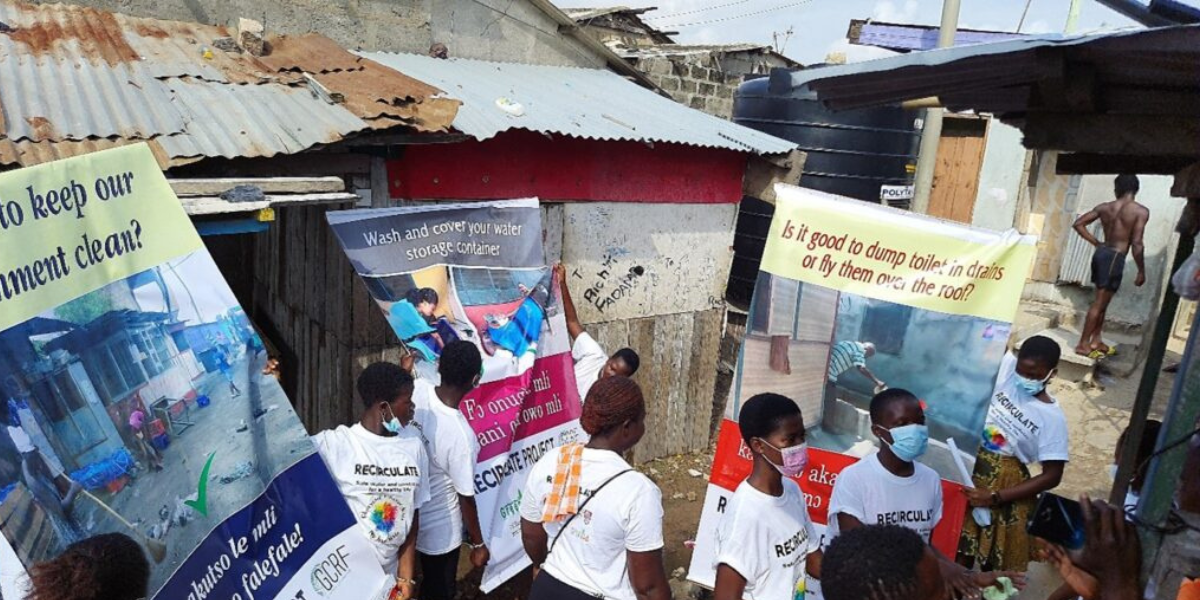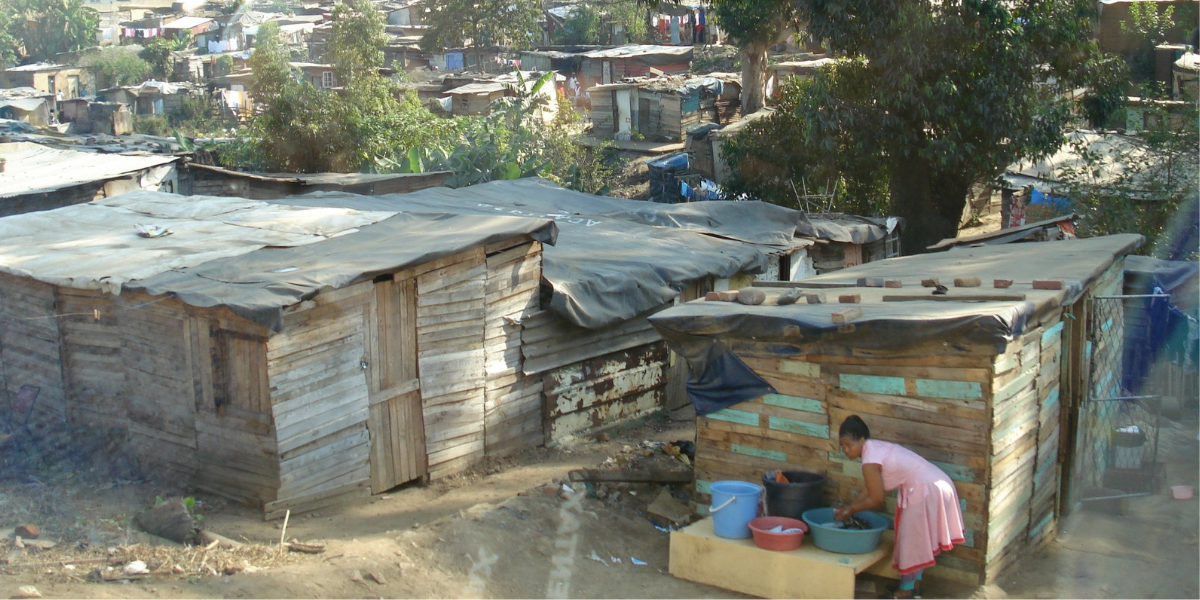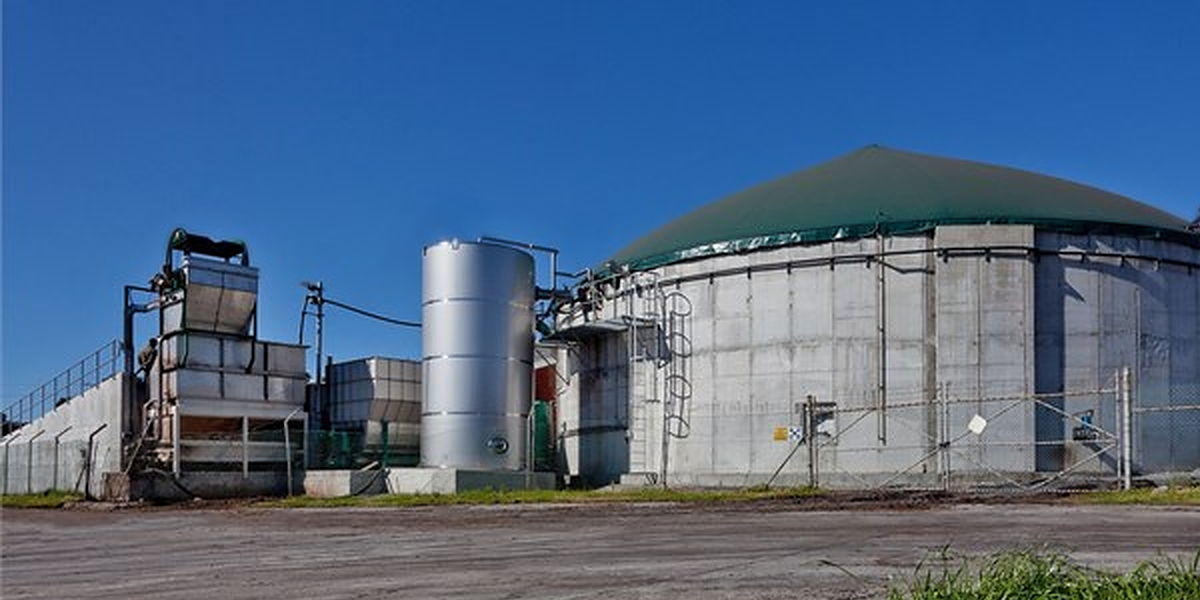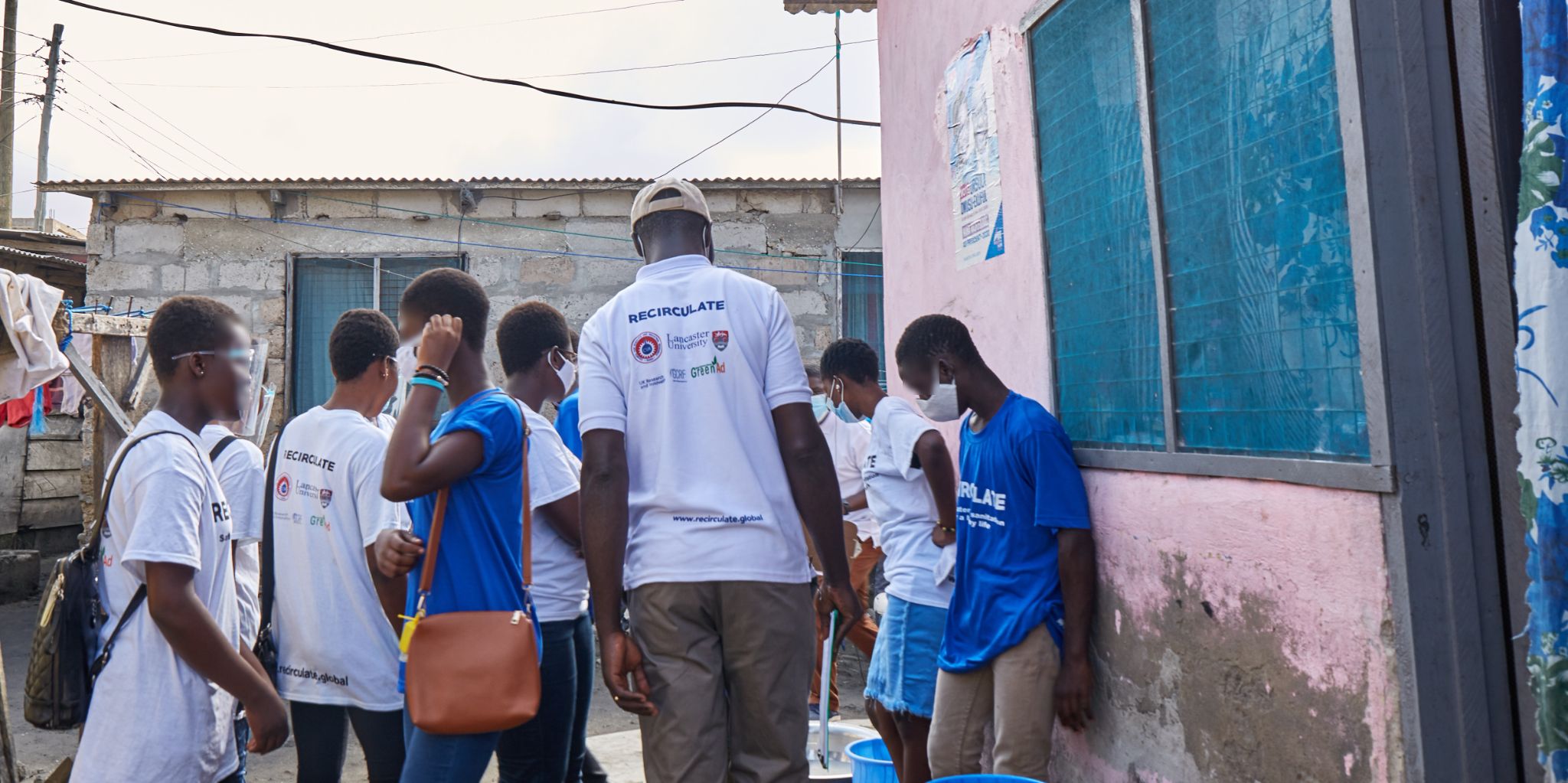
Lancaster’s “Water for Sanitation and Health” team describe how they balance the opportunities and risks of research with the needs of individuals and communities.
The flagship objective of the RECIRCULATE project is to develop the capacity of African Researchers to work with, in, and for their communities. Communities are an integral part our activities. The direct involvement of diverse partners and end-users clearly helps us deliver tangible benefits from our research, but it also places much responsibility on us to uphold the highest ethical standards, especially safeguarding everyone involved.
Safeguarding is an integral part of our overarching research ethics. It is essential in protecting researchers and research participants, and is defined as “protecting people’s health, wellbeing and human rights, and enabling them to live free from harm, abuse and neglect.” Lancaster University, which is the lead research institution of the project “promotes the safeguarding of all individuals, including those employed on, participating in or otherwise, in contact with our research and innovation activities”. In this blog, we reflect on the risks and the safeguarding procedures that RECIRCULATE’s “Water for Sanitation and Health” researchers have in place to avert potential harm, abuse and exploitation of our researchers and participants.
We conduct our research in low-income urban settlements where the incidence and intensity of poverty are high compared with the general population in Accra. We already know from our initial work with the community that crime, drug use and teenage pregnancy are of prime concern to community members. This gave us a clear sense of the level of safeguarding needed.
In terms of research, our objective is to pilot practical, sustainable ways of minimising the contamination of drinking water from faecal matter. We are implementing a set of water and sanitation safety plans that combine technical interventions – such as fixing taps, emptying toilet containments, rehabilitating and cleaning drains- with behaviour change communication. In our behaviour change communication, we work with teenagers who participate directly in our research activities. They are now part of the research journey with our field and laboratory teams. They shadow our researchers as they collect drinking water samples and then observe laboratory analysis of those samples. This is the first step in these teenagers becoming involved in communicating their experiences to community members and advocating behaviour change on water and sanitation.
Bringing teenagers in to our scientific research gives them new experiences but it also exposes them to the risks associated with the research environment. Naturally, our standard operating procedures minimise those risks through multiple layers of protection. We ensure that we provide the right supervision and protective equipment to everyone involved. Another key element of safeguarding in our work is a local advisory team whose members are respected members of the community and representatives from the local research partners. Teenagers have permission from their families to participate. The community-based advisors (and sometimes their parents) as well as the research team constantly supervise them during any form of engagement.
We apply our standard operating procedure at two levels. Of course, everything we do is fully documented and scrutinised by the ethics committees of Lancaster University and our Ghanaian collaborators. Beyond that, then at the community level, the local advisory committees are a key element of safeguarding for us, as they interface our engagement with members of the research community.
However, much safeguarding responsibilities fall on us, the research team. We need to think carefully about how we gather information, especially when we take someone ‘outside their comfort zone’. Involving the community is key to our research, and requires interacting with people through interviews, observation and focus group discussions. In the spirit of citizen science and co-creating knowledge, we involve community members directly, for example by co-moderating discussions. We see that as a real positive, but we have to be aware of the possibility of emotional or psychological stress of asking someone who lacks previous experience to engage in such activities. We remain careful and vigilant not to cause denial of privacy or choice, making someone feel worthless, ignoring the person or causing emotional or psychological stress.
Of course, any individual participation is always on a voluntary basis. Beyond that, we see it as very important that all discussions are done in the local dialect. This requires interpretation, but is key to making the process as comfortable as possible for our community colleagues. Equally important is that we spent sufficient time in these communities explaining who we are; what our plans are; and that the bigger purpose of our work is to inform the decision makers at the local, national and international levels.
The COVID-19 pandemic presents another layer of risk to researchers and research participants, which has shaped how we are conducting research. As a result, activities that require close contact with research participants such as participatory observation have been halted. A blend of remote and physical interviewing has been used according to the changing severity of the pandemic.
Beyond these issues of individual safeguarding, it is also worth mentioning our broader ethical dilemmas. Firstly, is it okay to ask people about the intimate details of the lives- where they poo and how they wash? Secondly, what about the ethics of asking research participants to identify their problems but then having to focus on water and sanitation issues which may not be very high in their list of priorities? Thirdly, our preliminary findings show that the water they consume is contaminated by faeces so do we tell them that, or not? Bear in mind that if we reveal a water point is contaminated then people may not use it, with unforeseen complications for the community. The final consideration, shared in common with any control trial involving entire communities, is that there is one community where we monitor but don’t intervene. That brings its own ethical questions, but we’ll need another blog to do justice to that!
We have considered these ethical dilemmas, but we remain self-reflective, and it is important that our approaches to safeguarding stay up-to-date. As we work with communities to create knowledge and implement interventions to enhance the quality of drinking water, we hold ethical considerations and safeguarding principles paramount.
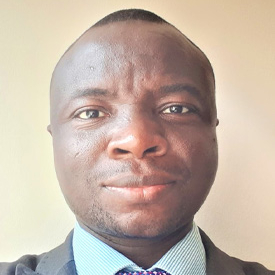 |
Dr Reuben Larbi is a postdoctoral research associate working with RECIRCULATE Workpackage 2: “Water for Health and Sanitation” and is based at Lancaster University. He has a PhD in Population Studies from the University of Ghana and multidisciplinary training and research experience. His research focus is on water and sanitation, urban poverty and health, and sustainable cities. |
 |
Dr Manoj Roy is a co-lead of the RECIRCULATE Workpackage 2 “Water for Health & Sanitation”. He specialises on poverty analysis through inter-disciplinary methods combining technical with social and political analyses. He teaches urban sustainability at Lancaster Environment Centre, Lancaster University. |
 |
Prof. Roger Pickup is currently the Chair of Biomedicine and Life Sciences in the Division of Biomedicine and Life Sciences at Lancaster University. His research interests are in environmental microbiology/molecular ecology with an interest in how the environment, with a particular focus on water, delivers microbial pathogens to human populations and their impact on human health. He is co-lead on RECIRCULATE work package 2 and leads RECIRCULATE work package 5 and is a co-investigator on ACTUATE. |
All articles in The FLOW are published under a Creative Commons — Attribution/No derivatives license, for details please read the RECIRCULATE re-publishing guidelines.
